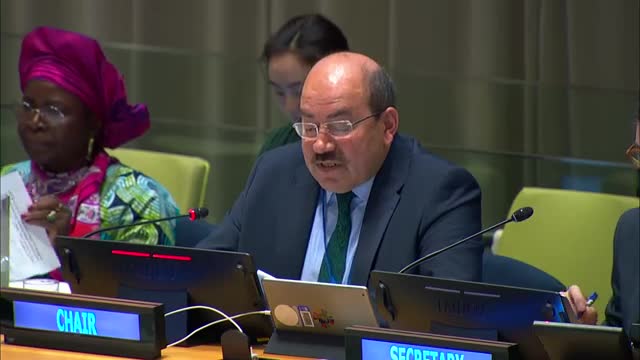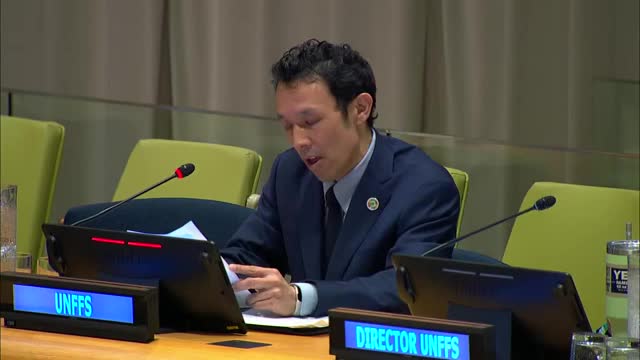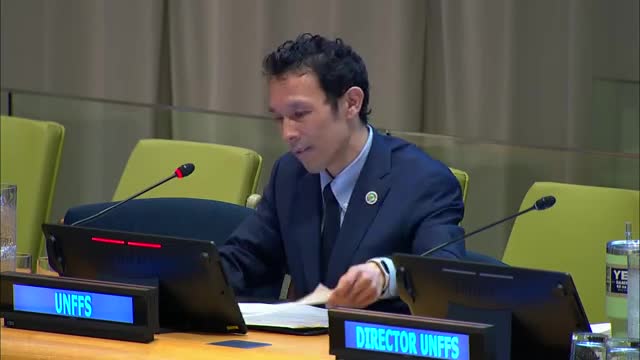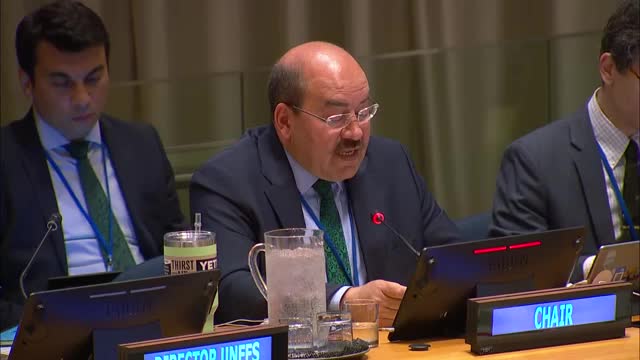Article not found
This article is no longer available. But don't worry—we've gathered other articles that discuss the same topic.

UN Forum on Forests adopts agenda, appoints rapporteur and sets constrained schedule under austerity measures

Dry‑land forests elevated as an emerging issue; several countries announce national afforestation and resilience initiatives

Brazil and UN officials outline new finance and data steps: Tropical Forest Forever Facility, GFFFN progress and 27 voluntary contributions

